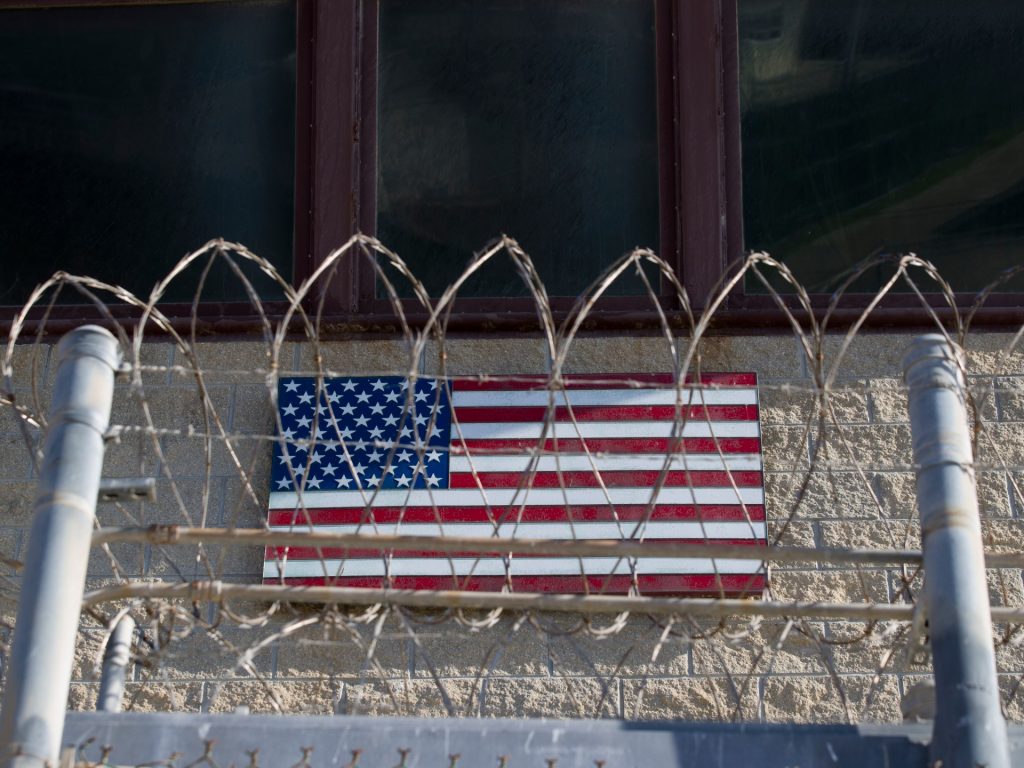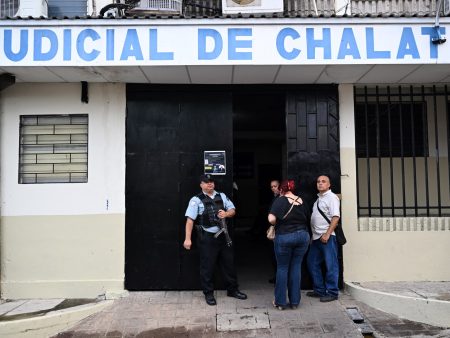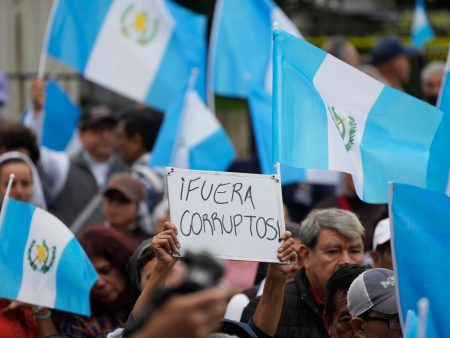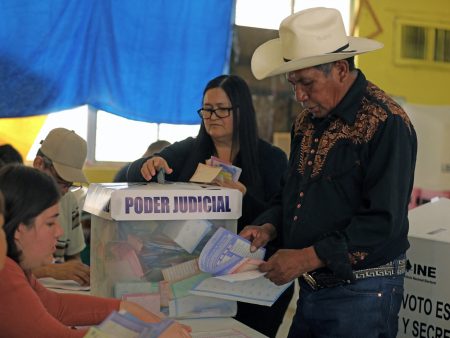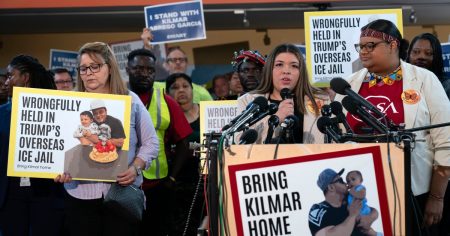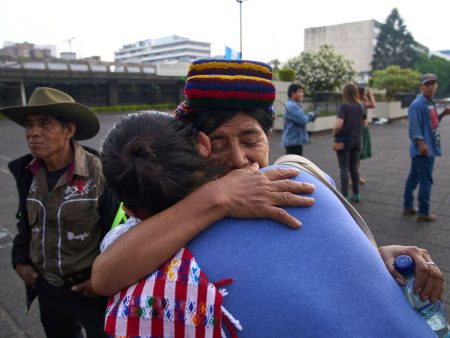The Guantanamo Bay detention facility, a symbol of the “war on terror,” reached its 23rd anniversary on January 11, 2024, marking over two decades of legal and ethical controversies. Established in the aftermath of the 9/11 attacks, the prison, initially intended to house suspected terrorists, has become a lightning rod for criticism due to allegations of human rights abuses, indefinite detentions, and a lack of due process. While the number of detainees has dwindled significantly from its peak of approximately 800 to just 15, the facility’s continued existence remains a contentious issue, prompting calls for its closure and a reckoning with its legacy. Former detainees, human rights organizations, and some lawmakers argue that true closure requires not only the release of the remaining prisoners but also official apologies, reparations, and accountability for the injustices committed.
The history of Guantanamo is intertwined with the Bush administration’s response to 9/11. Hundreds of Muslim men were apprehended globally, often based on flimsy evidence, and subjected to harsh interrogation techniques, including torture at clandestine “black sites,” before being transferred to Guantanamo. The legal framework surrounding the detainees was ambiguous, with many held for years without charge or trial. Military commissions, established as an alternative justice system, were criticized for their lack of fairness and transparency, further compounding the sense of injustice surrounding the facility. The prison became synonymous with human rights violations, undermining the United States’ image as a defender of human rights and the rule of law.
The Obama administration, recognizing the stain Guantanamo represented on the American conscience, pledged to close the facility. However, these efforts were stymied by congressional opposition, highlighting the deep political divisions surrounding the issue. Despite transferring a significant number of detainees, Obama ultimately left office with the prison still operational, expressing regret for his failure to fulfill his campaign promise. The Biden administration, inheriting this complex legacy, has renewed efforts to transfer detainees, with several recent releases to third countries. However, legal hurdles, including a congressional ban on transferring detainees to U.S. soil, continue to complicate the closure process.
The remaining detainees present a variety of legal and logistical challenges. Some are eligible for release but face difficulties finding suitable resettlement locations. Others are awaiting review by the Periodic Review Board, a process established to assess the security risks posed by detainees. A handful face charges related to the 9/11 attacks, their cases mired in legal complexities and delays. The future of these detainees remains uncertain, further highlighting the need for a decisive plan to resolve their situations and ultimately close the facility.
The debate around closing Guantanamo is not solely about the transfer of detainees but also about addressing the legacy of human rights abuses. Former detainees, like Mansoor Adayfi, who now advocates for Guantanamo closure, emphasize the need for acknowledgment of wrongdoing, formal apologies, reparations, and accountability for those responsible for the torture and illegal detentions. This call for restorative justice goes beyond simply emptying the prison and addresses the lasting psychological and emotional trauma experienced by former detainees and their families. A true reckoning with the Guantanamo era requires confronting these issues and providing a measure of redress for the harm inflicted.
The plea deals offered to some of the remaining detainees, particularly those accused of involvement in the 9/11 attacks, have added another layer of complexity to the situation. These deals, aimed at securing guilty pleas in exchange for avoiding the death penalty, have faced challenges, including opposition from the Secretary of Defense. These legal battles raise questions about the integrity of the military commissions and the government’s commitment to finding just resolutions. The controversy surrounding the plea deals underscores the broader challenges of achieving closure at Guantanamo and achieving a sense of justice for all involved. The future of the facility remains uncertain, hanging in the balance between political will and legal complexities. Its eventual fate will undoubtedly have lasting implications for the United States’ image abroad and its commitment to upholding human rights and the rule of law.




